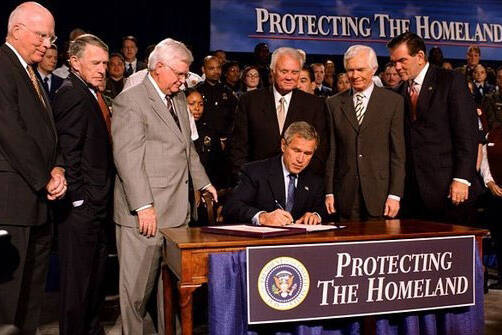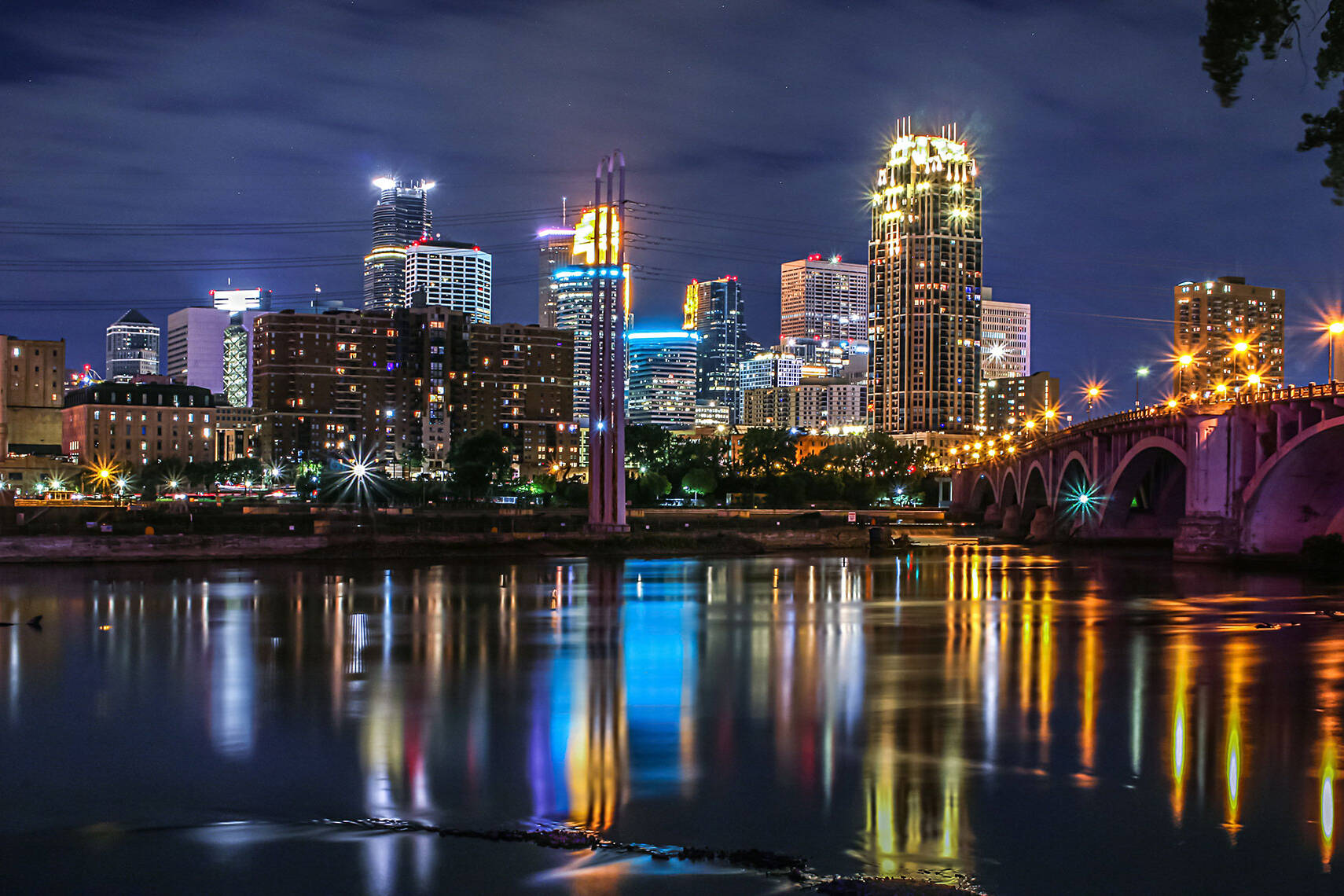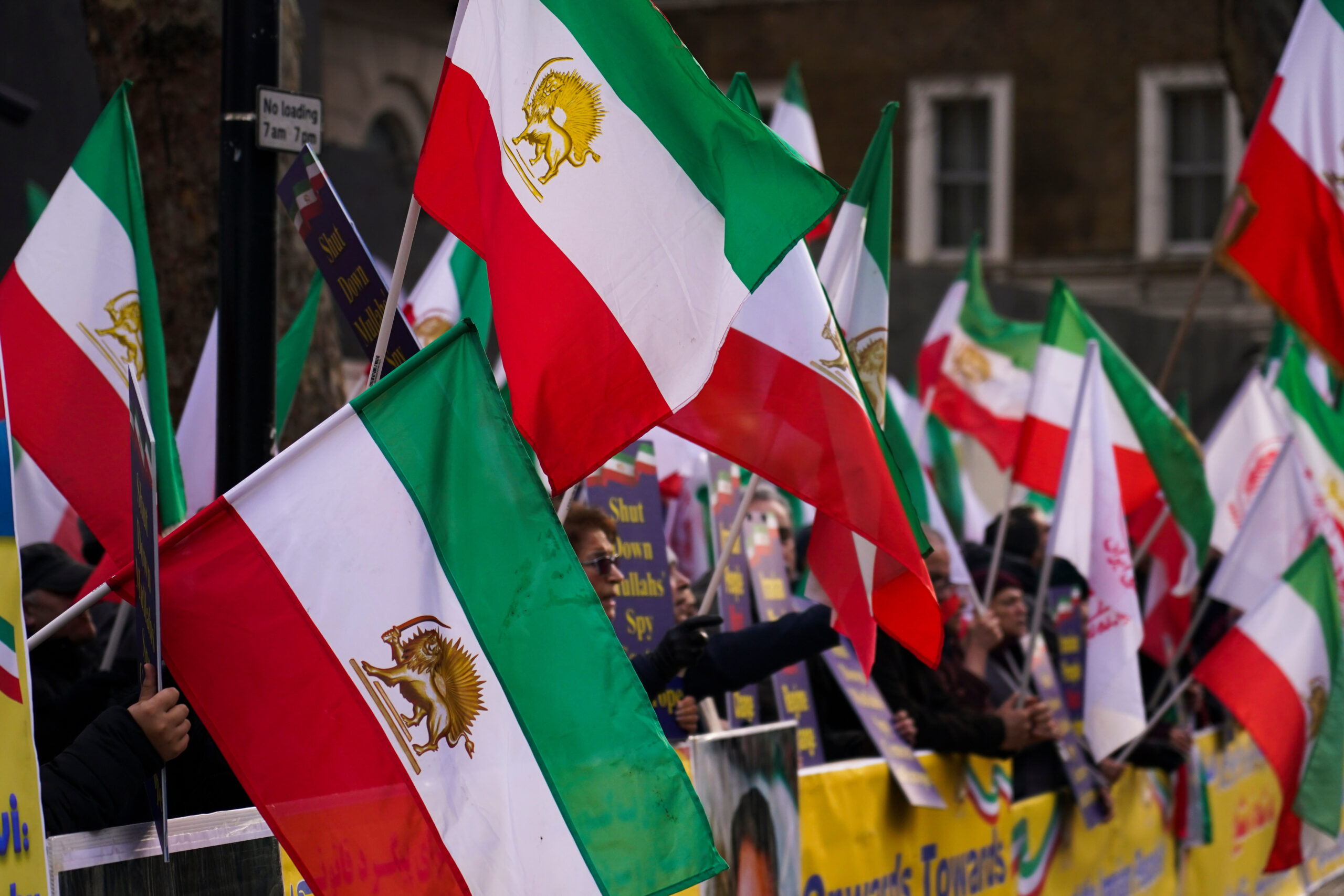When the Democratic Leadership Council shut down in 2011, it marked the end of something critical: a center in the Democratic Party willing to stand up to its far-left fringe.
We saw it firsthand. The DLC was launched in the 1980s to pull the party back toward the center and make it competitive again after several crushing presidential defeats. It helped elect Bill Clinton, and most importantly, helped make “New Democrat” a governing identity, one focused on commonsense policies and fighting to win the political center. When it folded, no one stepped in to hold that ground.
Now we are seeing the consequences.
The recent victory of Zohran Mamdani in New York City’s mayoral primary is not just a local upset. It is a warning shot. Mamdani is a proud member of the Democratic Socialists of America. His platform, which you can view here, is a diluted version of the DSA’s national agenda, which includes proposals to: abolish capitalism, eliminate fossil fuels, defund the police and abolish prisons, boycott Israel, withdraw the U.S. from NATO, and expand state ownership of industry.
These are not just bad ideas. They are thoroughly un-American and in direct opposition to the values that have guided our main parties, and our country, for 250 years.
Now, these ideas are gaining traction inside a major party. A few Democrats, like New York Representative Laura Gillen, have had the courage to say directly that Mamdani is too extreme and has no business running America’s largest city. But many other Democrats have been silent. They say Mamdani should “clarify” the incendiary things he has said.
Well, we will do them the favor of clarifying what his words mean.
When he says one of the DSA’s goals is to “seize the means of production,” he is using almost exactly the same language as Vladimir Lenin before the 1917 Russian Revolution that ushered in 75 years of Soviet Union totalitarianism.
When Mamdani defends the use of the phrase “Globalize the Intifada,” he is defending the use of a phrase that is widely understood to be an explicit incitement to attack Jews.
This needs no clarification, and we need more Democrats with the guts to stand against it. If Mamdani wins the mayoralty in November, we can expect a wave of radical left-wing candidates gaining momentum in other Democratic primary races nationwide.
That would be a bad development for the No Labels movement and our ability to forge common ground between the parties. And it would be a bad development for America.
Step back for a moment, and here is where we find ourselves. While the Democratic Party moves left, many Republicans are either unwilling or unable to buck President Trump in any way. A case in point:
On June 28, North Carolina Senator Thom Tillis announced he would not vote for the president’s One Big Beautiful Bill. Hours later, Trump announced he would start meeting candidates to run against Tillis in his 2026 Senate primary. On June 29, Tillis announced he would not seek reelection.
For better or worse, America is stuck with a two-party system right now. Of the 535 members of Congress, only two are technically independents (Senators Angus King and Bernie Sanders, both of whom caucus with the Democrats). So, No Labels remains focused on our mission of building a true governing bloc in Congress, featuring House and Senate leaders who are willing to think independently and lead courageously. Now that the one-party reconciliation bill has passed, many of our congressional allies are working closely to forge bipartisan legislative solutions in the months ahead.
At the same time, No Labels cannot be blind to the forces dominating both parties. If both the Republican and Democratic parties continue ignoring the needs of the commonsense majority to placate the wants of their bases, the center will keep collapsing. The space for governing will shrink. And voters will look for something else. It is already happening, with 43% of Americans calling themselves independents, the largest share ever recorded.
This is not the first time America has had to confront radicalism on the left and right. In the 1930s – another time of disruption and instability – movements of the far right and left gained momentum. It took leadership and a serious course correction to pull the country back. The same is true now.
That is what No Labels is fighting for.




